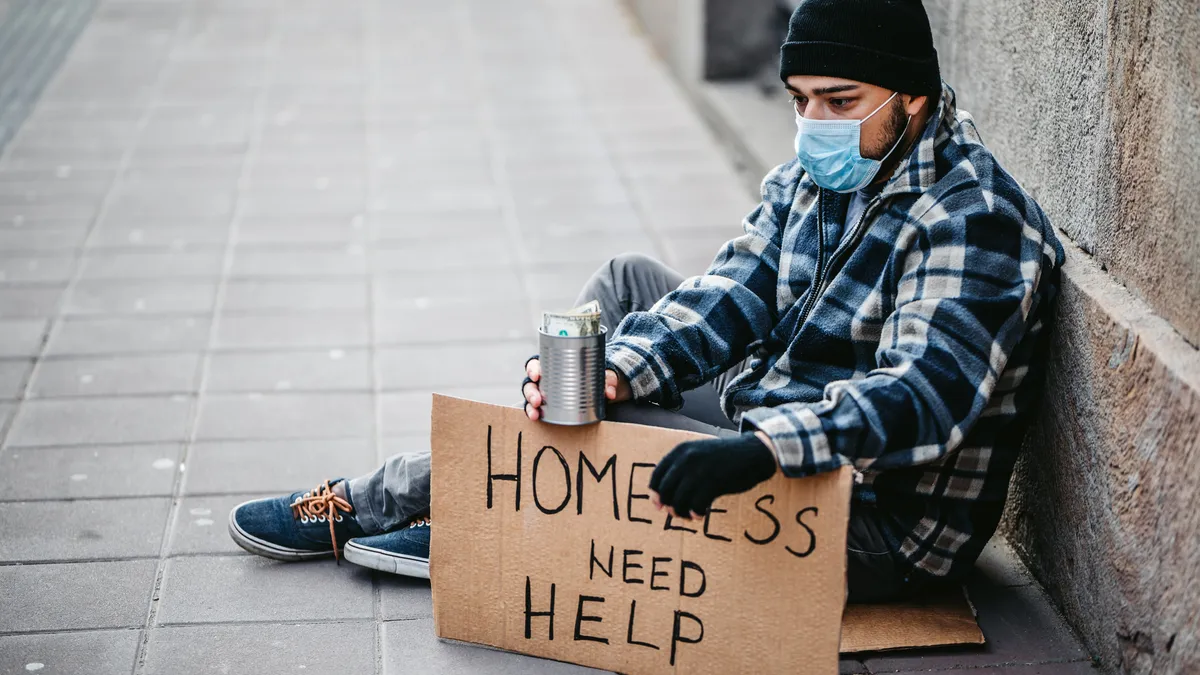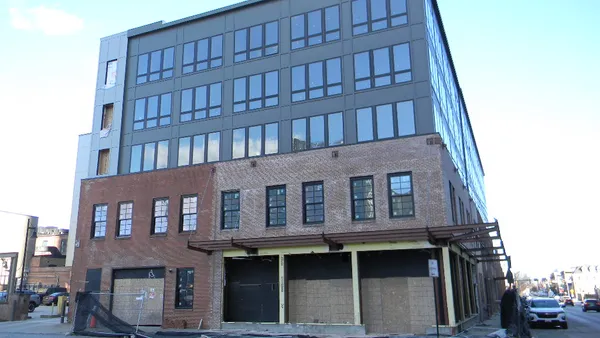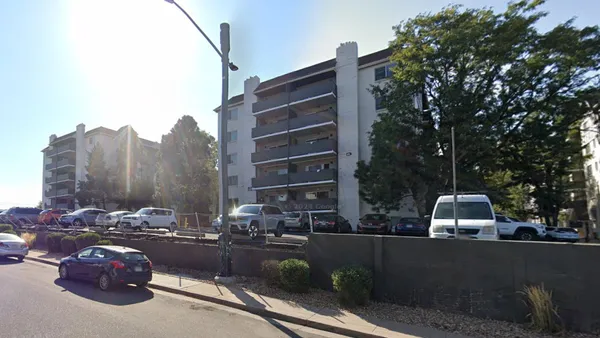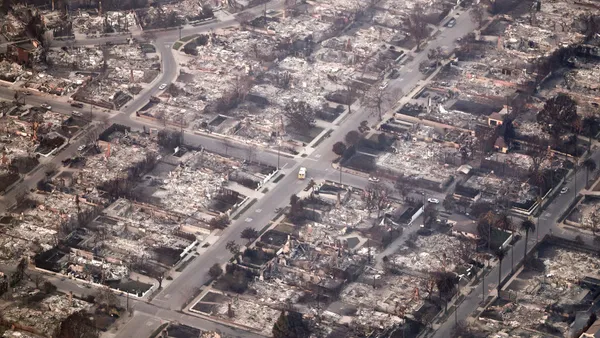Dive Brief:
- The Denver City Council voted last week to commit $2 million in American Rescue Plan Act funds to the Denver Basic Income Project.
- The nonprofit’s demonstration project will provide cash assistance for one year to 820 people and families experiencing homelessness. The city funds were allocated to provide project support for 140 women, transgender and gender-nonconforming individuals experiencing homelessness.
- Denver’s Department of Housing Stability, which is leading the contract, considers the project part of its overall “housing first” strategy to end homelessness in Denver, according to Jennifer Biess, director of data, policy and strategy with the department. Officials hope the extra income will help people experiencing homelessness move into stable housing.
Dive Insight:
The Denver Basic Income Project’s efforts join the flurry of cash assistance programs being piloted or supported by U.S. cities in recent years, such as those in Austin, Texas; Los Angeles County; Louisville, Kentucky; and Minneapolis.
While programs range in size and scope, the Denver project provides each participating household with a maximum of $12,000 over the course of a year, divided into monthly cash payments, making it one of the more generous initiatives. Also, unlike many other pilots, the Denver project is explicitly targeted toward people experiencing homelessness.
The $2 million contract between the city and county and the organization is just a portion of the nonprofit’s $9 million in funding for the demonstration project.
Because the city is funding the project with ARPA funds, the money needs to be directed toward the impacts of the pandemic. Denver has seen a “particular impact of the pandemic on the women and family shelter system,” said Biess. She explained the city has seen a tripling of women using the shelter system nightly since the pandemic began, according to data shelters submitted to the department.
The recent wave of basic income pilots nationwide follows positive results from the first U.S. city pilot program, the Stockton Economic Empowerment Demonstration in Stockton, California. In 2019, the pilot began giving $500 monthly for two years to randomly selected participants who met the program criteria. In 2021, an evaluation revealed that basic income recipients reported increased health, more stable income, and more full-time employment compared with the control group.
In 2018, the New Leaf cash assistance project delivered a one-time payment of $7,500 to 50 people who were experiencing homelessness in the Vancouver, British Columbia, area. The average recipient moved into stable housing within three months, while those in the control group moved into stable housing after an average of five months.
The Denver Department of Housing Stability’s support for the Denver Basic Income Project is in line with its housing-first strategy, Biess said, as the hope is that recipients can use the funds to quickly find housing, granting them the stability that will allow them to better tackle other issues.
The University of Denver's Center for Housing and Homelessness Research plans to evaluate the project’s results.











